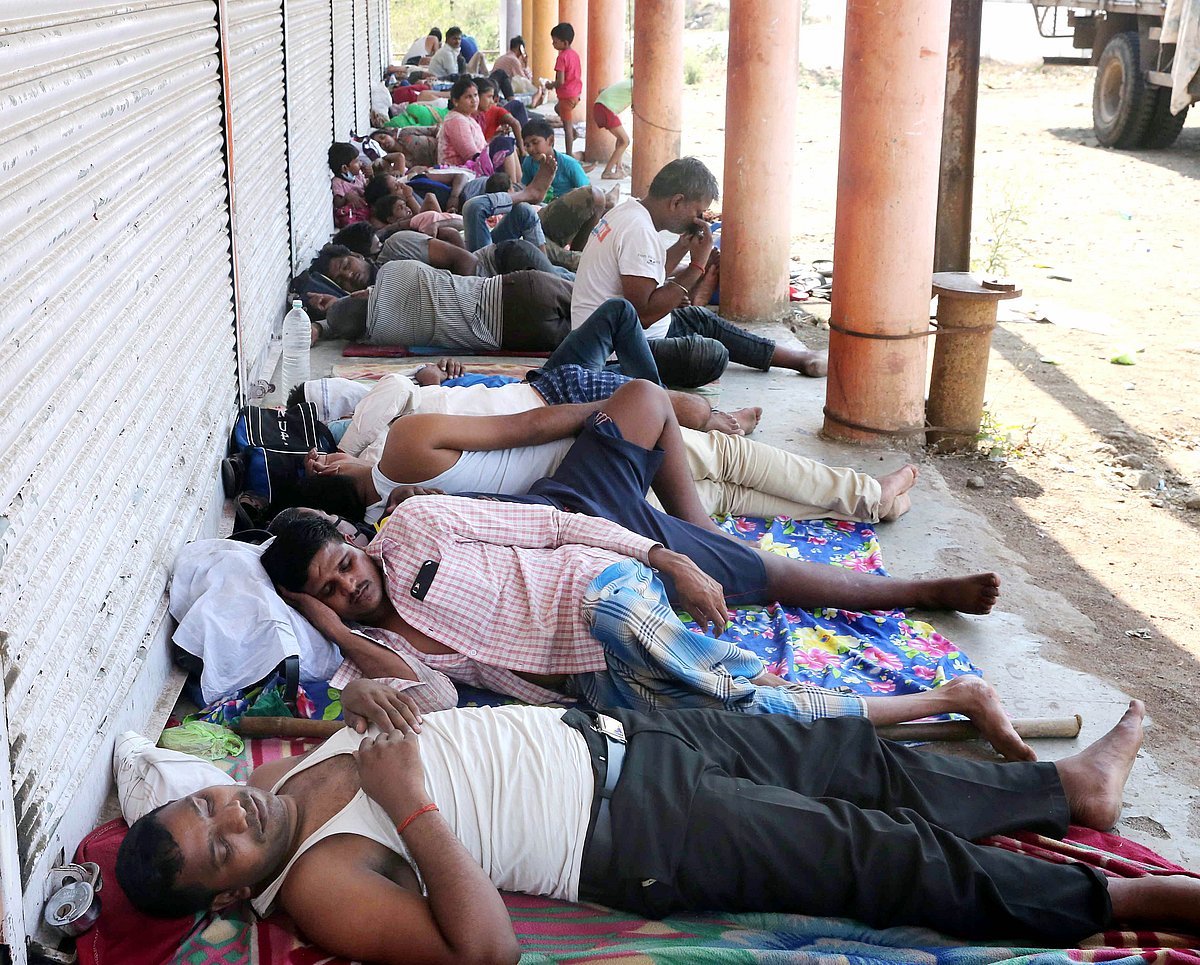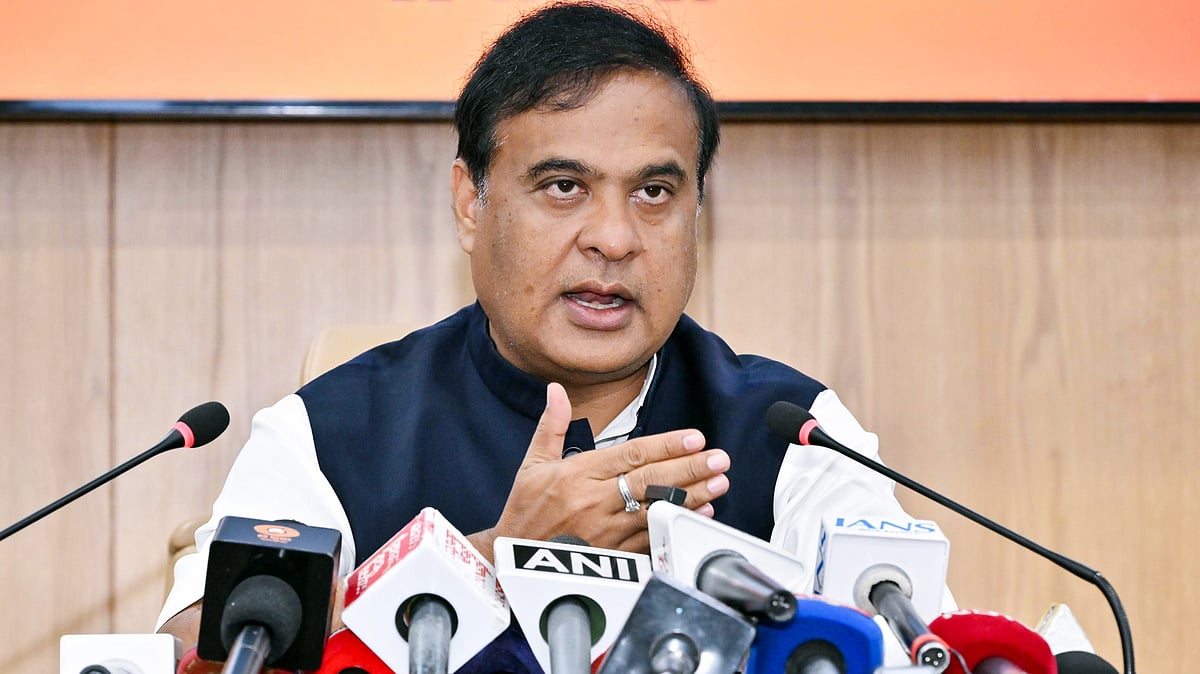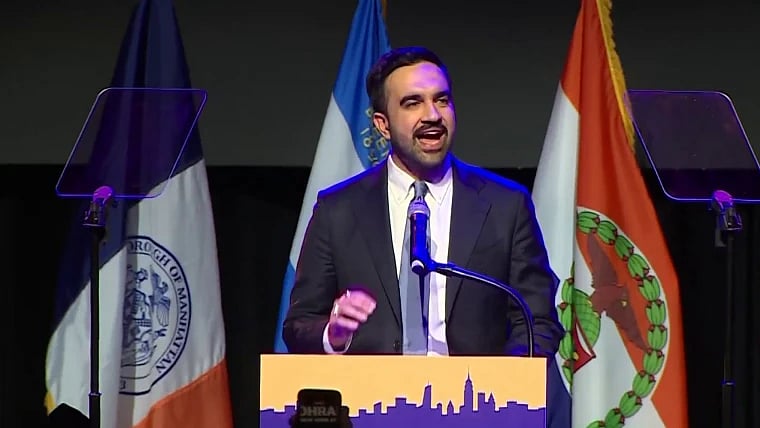The coronavirus pandemic that has ravaged the world in morbidity and mortality, with over 4.2 million infections and 2,85,000 deaths globally till May 10, seems to have robbed us of humanity. The heart-wrenching ghastly incident of 16 migrants being mowed down under a running goods train raises several questions on the mobility of migrants. Their simple dream was to reach home; they were crushed somewhere along the wastelands they were trekking to get to their village in a kind of reverse migration that has shaken all of us. In another incident, five migrants from a group of 11 were crushed to death under a truck. The incidents are a big slap on civilisation itself and of course on development that we claim to have achieved. There are millions of migrants stuck in different parts of the country and each one has endured unlimited miseries amidst uncertainties. An estimated 20-25 lakh migrants from Uttar Pradesh, 10-15 lakh migrants from Bihar and another 20-25 lakh migrants from other parts of India are in the COVID-19 hot zones of Mumbai, Pune and Thane. We have no direct experience in dealing with the consequences of such large-scale movement of people.
Consider how the picture has reversed. India was considered fortunate as it had the experiences of successes and failures of several other countries in dealing with the COVID-19 pandemic along with two months lead time for preparedness. Unprecedentedly, the entire nation was united then in the hope that we will end up as a totally different country vis-à-vis COVID-19. India’s proactive lock-down was acclaimed globally as the largest and strongest lock-down and earned accolades from the world’s most prestigious medical journal – The Lancet, in a special editorial on India. We can, however, debate some decisions and actions taken in retrospect. There was nothing right or wrong in any steps taken in purely good faith to save the nation and its people. But the way we have dealt with migrants is unconscionable.
What was the epidemiological advantage?
The question we need to ask is what was the epidemiological advantage of our actions? If the migrants, especially the casual labourers, having lost their wages, were anyways going to go, it was certainly advantageous – scientifically as well as logistically – to send them either prior to or immediately after the lock-down. A simple perusal of figures tells us this. As against 536 COVID-19 cases and only 10 deaths in India till 24th March, India has 67,000 cases with 2,200 deaths till 10th May, a 120-fold jump in recorded infections and 220-fold jump in recorded deaths. In just a day, 52 COVID-19 infections on 3rd May in the Mumbai suburb of Mulund jumped to 123 the next day. Infections in Dharavi slums had crossed 632 on 4th May; which was more than the entire country’s infections just 40 days back. Hence the workers migrating 50 days later will be migrating with 100 times more chance of COVID-19 infections than the benchmark date of 24th March. Most of them were on streets or in slums, where social distancing is just another dream. A few lucky ones got the shade of community centres or quarantine centres. However, all were without wages with nothing to do but to wait for the next meal from the government agencies or some good Samaritans, and any possibility to get a transport back home. If they were to be sent around 24th March, public opinion was on their side and the transport system was in full action and place then. And many would have probably come back happily to work once the lock-down is lifted. During the lock-down 3.0, the government finally agreed for their movement, but with lots of pre-conditions and ambiguities. Yet, barely 500,000 migrants were transported with all manner of conditions and certificate asked of them, which led to overcrowding at police stations and at doctors’ clinics. Even today, there is a line at Mumbai’s main CST station, stretching several kilometres as workers wait in hope for the trains to re start.
We expect migrants to pay for travel home, when they are left with no money. On the other hand, the government paid the costs for evacuating Indians from international destinations in March. Similarly, several state governments footed the bill to transport students from Kota in April. If not all, most of them could afford to pay for their travel and transport. Ironically, the Prime Minister appeals to the States, industry, businesses, philanthropists and common people to look after migrants and those in need. Why then do the governmental authorities expect migrants to meet the cost towards their travel back home? Aren’t these clear cases of double standards? Aren’t we treating the poor, hapless and voiceless people differently as lesser citizens if not slaves, and that too at a time when they have not earned anything since the lock-down?
The recipient states laid down several preconditions, including impractical ones like COVID-19 tests, without understanding that even those who test negative (almost 30% of COVID-19 infected patients who are tested can be false negatives) are not really negative and some may be still incubating the virus at the time of initiating the travel. No such conditions were laid down when the States picked-up the IIT preparatory students from Kota just a few days back. Secondly, the mere number of requisite tests will be almost three times the number of tests done in the entire country to date (total 16,73,688 tests done – 1200/million population, till 10th May). Rapid tests that are cheaper, easier and quicker could have come to rescue as a good epidemiological tool, are not available and the mystery and fate of rapid test kits in India is a subject matter of thesis by itself! No one knows why Maharashtra State did not buy rapid tests, unlike Jharkhand and Telangana.
Harassing poor migrants for filling up forms, getting a mandatory medical fitness certificates by paying through their nose and that too for an endless wait due to uncertainty on when will their turn come for train or road travel is demeaning, besides creating chaotic situations everywhere. If the travel is delayed, fresh medical certificate will be required. The queues outside clinics or hospitals, police stations, railway stations or bus terminals are perfect uncontrollable COVID-19 transmission points where social distancing and hand hygiene went for a toss. When in anyways they have to be put in 14-day quarantine at the places they will alight, then why this fuss? There was a stampede by migrant workers in Surat that led to lathi-charge and tear-gas by the police to disperse the mobs.
We must feel ashamed that this is the way human beings – those are required for the nation building – have been treated in our country. The actions have important implications for our fight against COVID-19. If the disease spreads to the vast corners of India, the way we handled migrant workers would have certainly played an important part. We may end up paying a high price.
The writer is consultant in HIV and Infectious Diseases in Mumbai, President AIDS Society of India and Governing Council Member, International AIDS Society.
Syndicate: The Billion Press
e-mail: editor@thebillionpress.org









